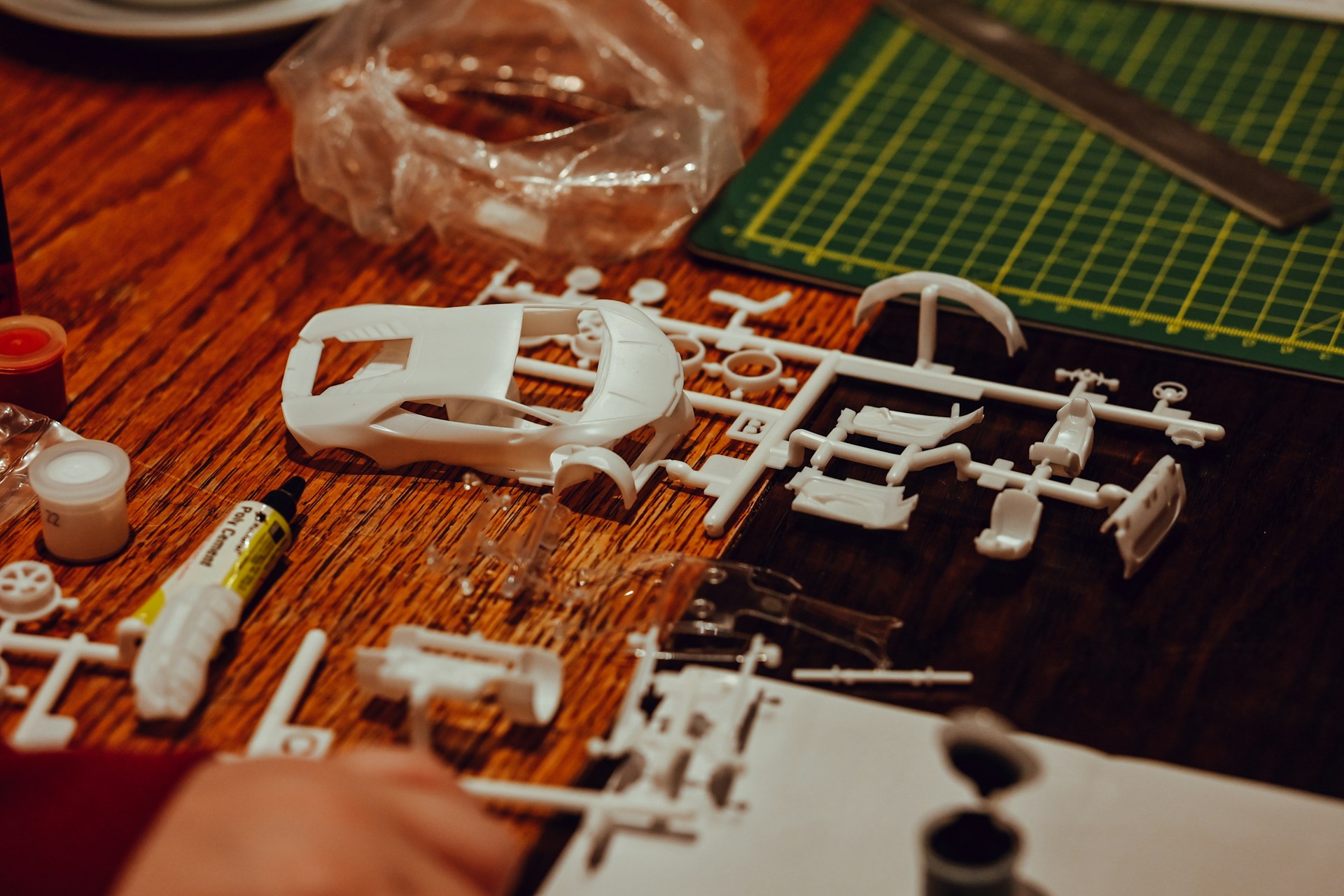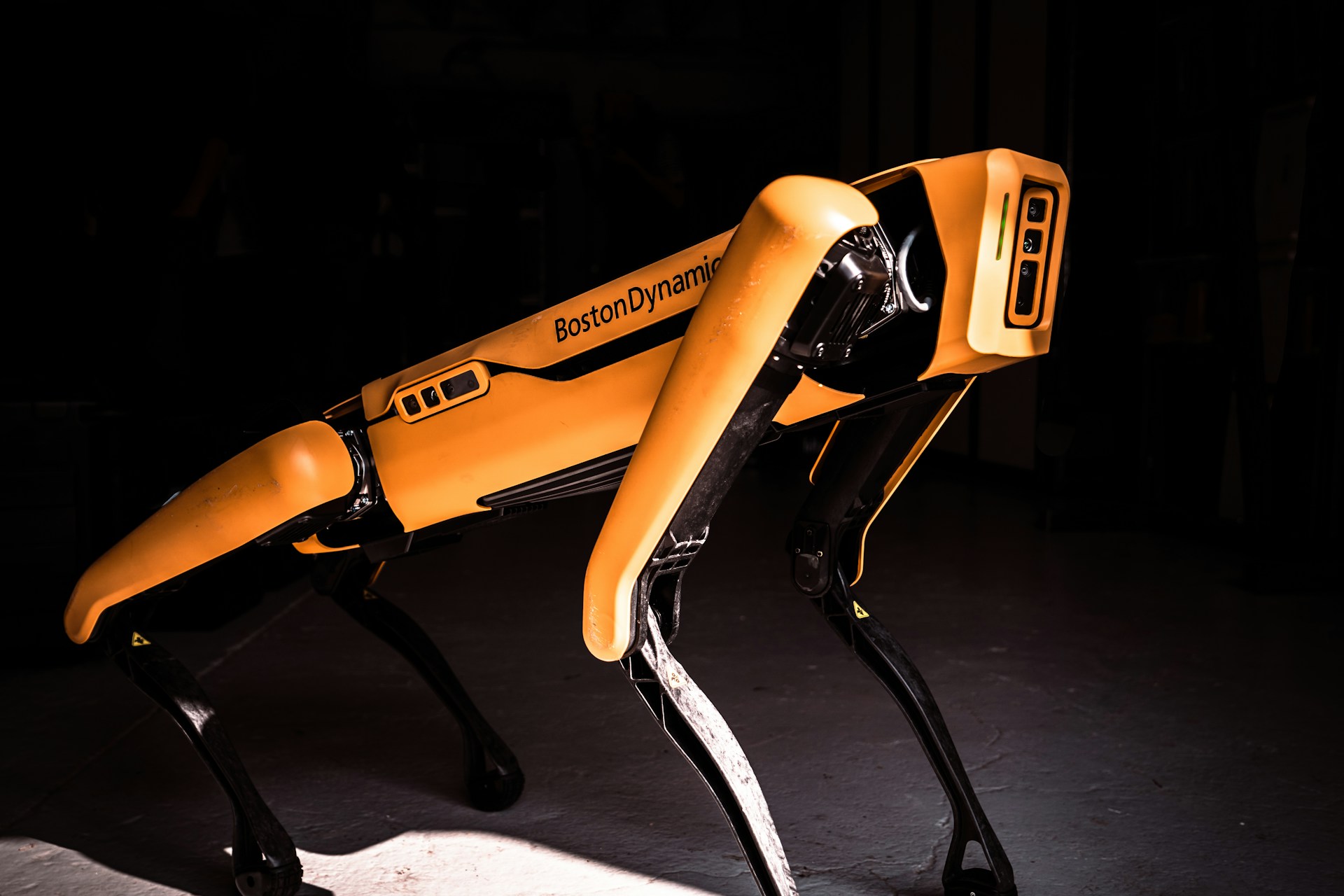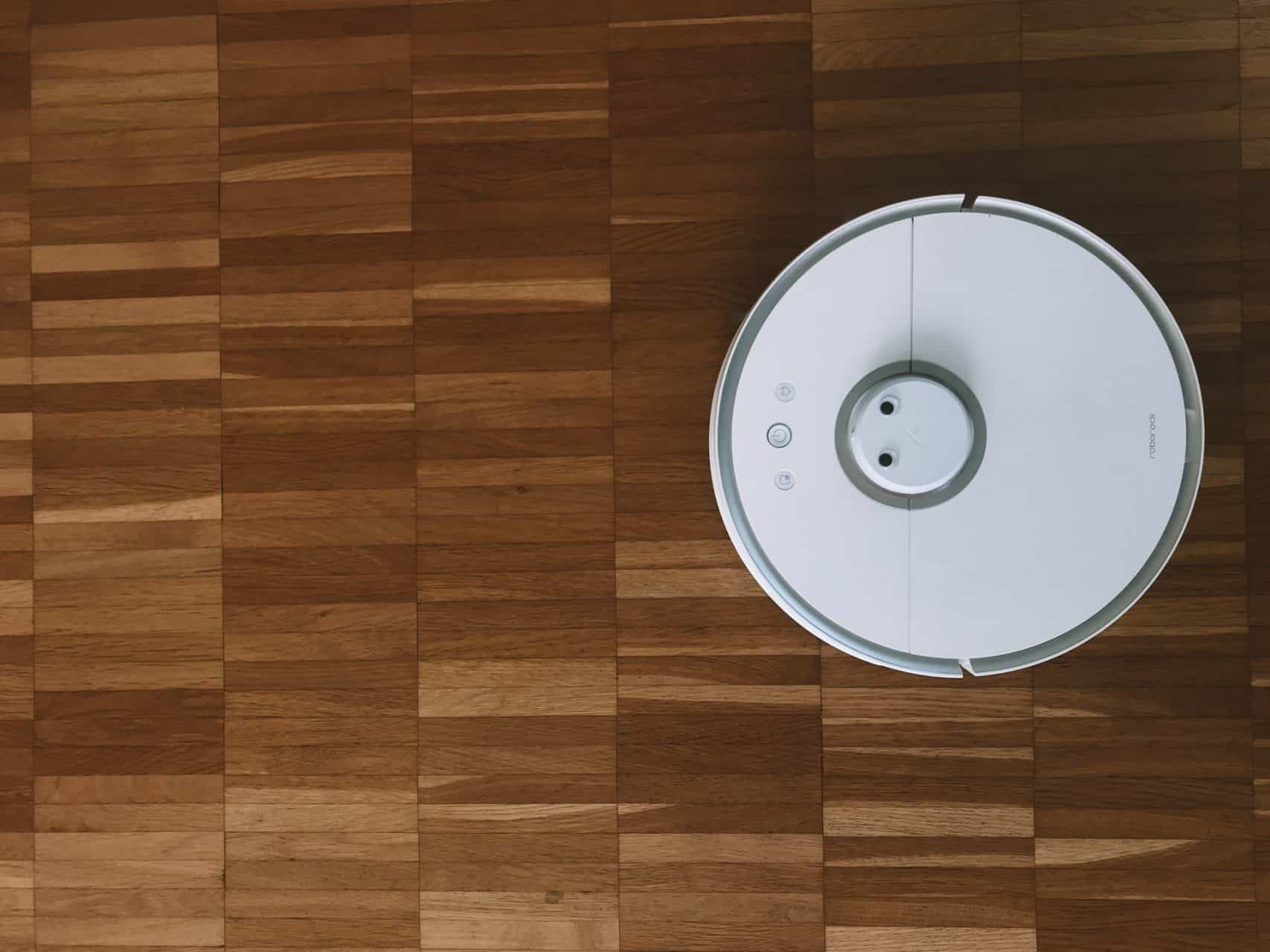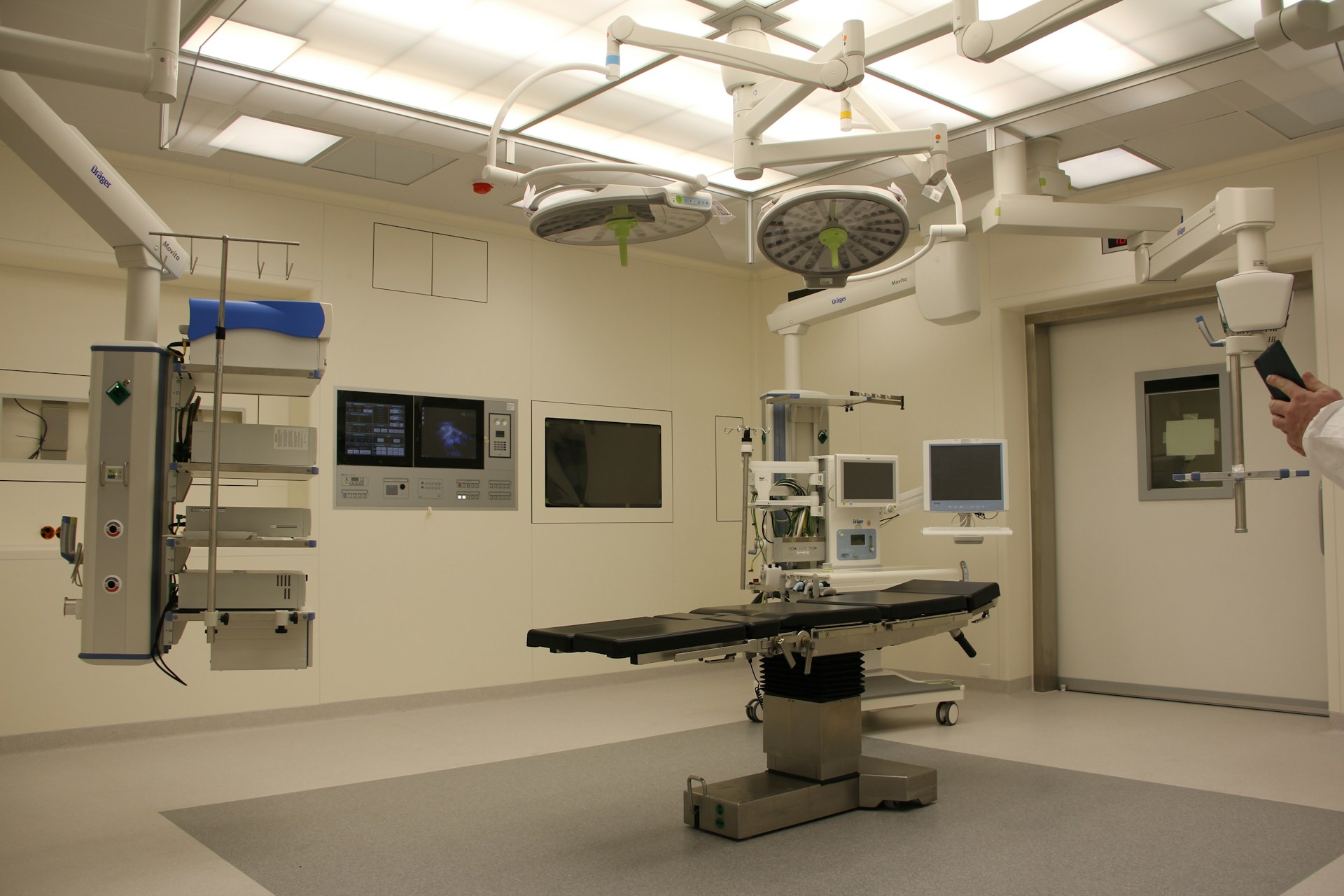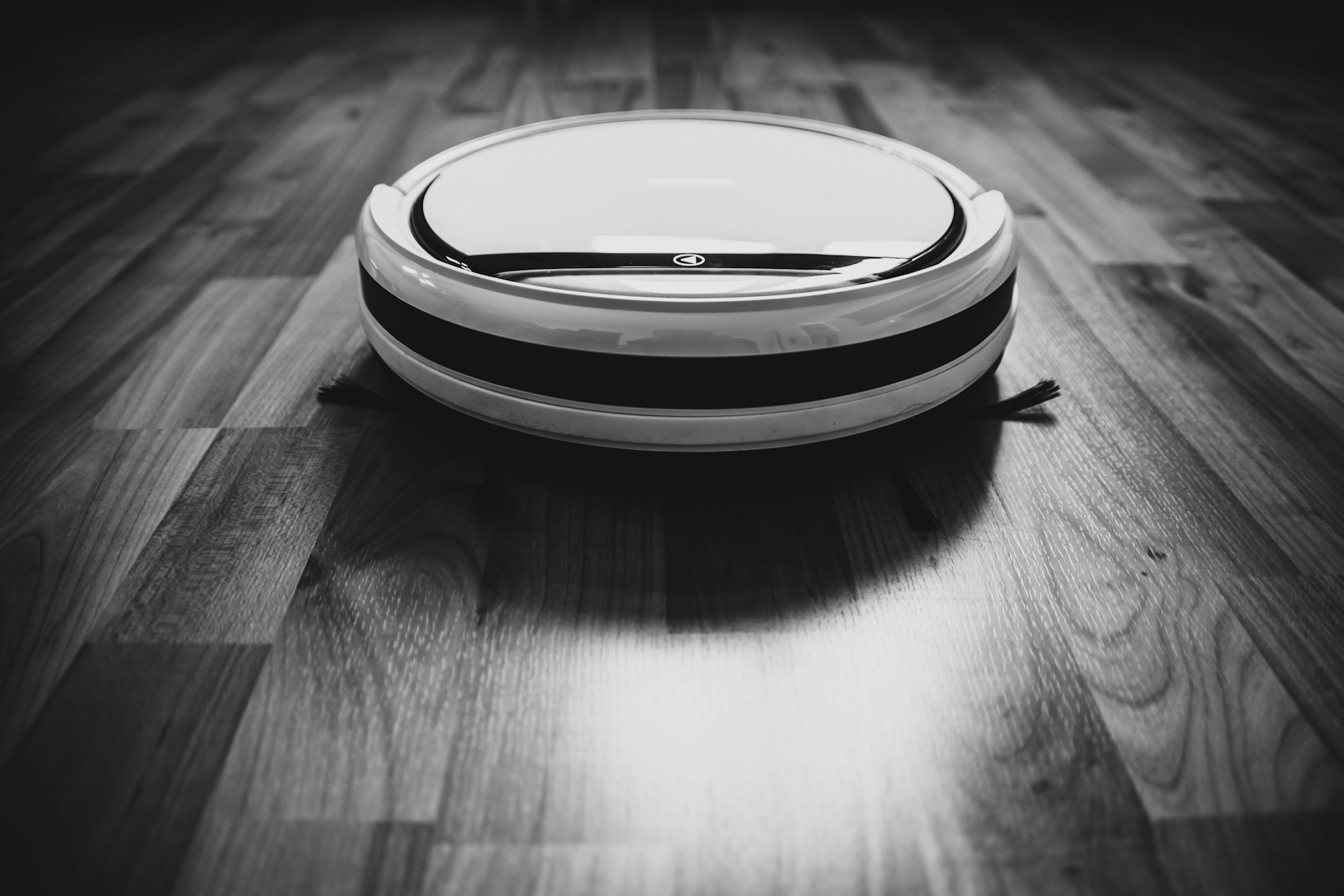
Are Robot Vacuums Worth It? The Cost May Be Your Privacy
February 13, 2025 - Ellie Gabel
Revolutionized is reader-supported. When you buy through links on our site, we may earn an affiliate commission. Learn more here.
Are robot vacuums worth it? People’s initial response is often a hearty affirmative, especially as they think of how convenient it would be to enjoy clean floors daily while doing nothing more than activating the device. However, robot vacuums also have associated privacy risks. Should those make potential buyers think twice before their purchases?
Robot Vacuums Map Homes
One of the main privacy concerns is that robot vacuums have built-in cameras and use them to map and move around indoor spaces. The associated images are then transferred elsewhere, typically to servers owned or used by the product manufacturers. Companies frame this functionality by pointing out that the robots must become familiar with homes to work consistently well with each use. The mapping also allows the vacuums to recall the positions of static furniture, such as couches and kitchen tables.
Are robot vacuums worth it for people uncomfortable with images of their homes transmitted to strangers, and companies who could use them to profit? Some may decide they’re not. Fortunately, though, there’s another option that may be available soon.
Matic is a startup standing out because its vacuums only process data internally without sending it elsewhere. That option has captured investors’ attention. As of November 2023, Matic had raised $29.5 million with the support of many well-established tech industry parties. Those vacuums are not commercially available yet, but these successful funding efforts should reinforce that there is a desire for vacuums that work differently and preserve people’s privacy more effectively than most.
Robot Vacuum Hacks Happen
Are there robot vacuums to avoid? That’s too broad of a question and wholly depends on individual risk tolerance. One possibility is to research companies’ data handling and privacy policies. Businesses being upfront about those topics is potentially a sign that they take those matters more seriously than others.
Additionally, people who have or may begin using robot vacuums should check the news for recent hacking incidents. In one October 2024 case, hackers infiltrated Ecobees robot vacuums in multiple cities. Those events caused the devices to emit voices and racial slurs while behaving erratically.
The company confirmed a hack occurred, but an even more worrisome issue was that cybersecurity researchers had previously confirmed various vulnerabilities in Ecovacs devices and extensively detailed their findings at a security conference. Those experts revealed numerous shortcomings, from unauthorized live camera access to dysfunctional cryptography. They also cautioned that third-party security certifications do not provide the peace of mind people expect.
Although people don’t necessarily need to worry that the robot vacuum they love will become a hacked Roomba later, these research efforts and real-life examples show they should be cautious whether they use these devices now or are interested in doing so soon.
Outside Parties May See — and Mishandle — Data
Another privacy risk is that robot vacuum manufacturers may use external contractors to handle device data. Even if those parties sign agreements promising to treat the information appropriately, there’s no guarantee they will keep their word.
One of the most memorable recent examples occurred when robot vacuum images leaked online and showed users during very private moments — such as while using the toilet. The pictures appeared on an online forum. However, the cause was not a hacked Roomba but the gig workers who posted them there. Many images had accompanying labels, which the robot vacuum company may have intended to use to train future devices.
Without getting into the specifics of that situation, most such tasks are low-paying and short-term. Those characteristics mean even if someone signs a confidentiality agreement before accepting such assignments, they might not think there’s enough at stake to uphold it.
Even if one company offering gig-working assignments forbids them from taking future work, there are always plenty more to consider. On top of that, the overall consistency of the work and rate of pay are both often so poor that it is no significant loss to people who get caught.
It is a good idea to check how a robot vacuum company pledges to handle its data. However, this is not as foolproof as some people think since many businesses hire contractors who may not necessarily abide by the stated policies.
Relatedly, the more parties that handle the data, the greater the chance of data breaches. Those could occur even if contractors follow all cybersecurity best practices, especially since cybercriminals’ schemes are increasingly creative and hard to spot.
Many other smart home devices have little-considered dark sides that should make people think twice before using them, so robotic vacuum cleaners are not unique.
Are Robot Vacuums Worth It? That Depends
Thanks to these privacy downsides, people have much to consider before buying or continuing to use their robotic vacuum cleaners. At the same time, though, most individuals give up details about themselves every day without a second thought.
They schedule medical appointments through the internet, access online banking portals, register to vote in elections and do a host of other activities that could help strangers learn more about them than they’d like — especially if data breaches occur.
Fortunately, researchers are working on specific improvements for robot vacuums that will improve their ability to preserve people’s privacy. One application distorts images enough to safeguard what’s in the frame but it still allows the underlying smart device to perform its job. Those may never become mainstream, though, so anyone interested in robot vacuums must decide if the potential privacy tradeoffs are worthwhile.
It is not as simple as finding robot vacuums to avoid because virtually all of them work the same way by mapping homes and sending that data elsewhere.
Using Connected Devices While Weighing the Risks
People face risks everyday and naturally decide whether to engage in specific situations that include them. The same approach must happen when they decide whether to bring robot vacuums into their homes. Although these devices may compromise their privacy, so could many other devices individuals use without thinking — including smartphones and connected features in their vehicles.
An awareness of the risks is essential for making educated and confident choices. The above breakdown will help people determine if possibly sacrificing their privacy is worth expending less energy to have clean floors.
Revolutionized is reader-supported. When you buy through links on our site, we may earn an affiliate commission. Learn more here.
Author
Ellie Gabel
Ellie Gabel is a science writer specializing in astronomy and environmental science and is the Associate Editor of Revolutionized. Ellie's love of science stems from reading Richard Dawkins books and her favorite science magazines as a child, where she fell in love with the experiments included in each edition.
